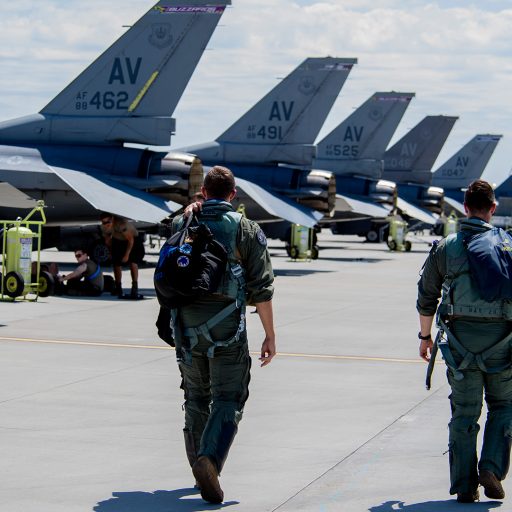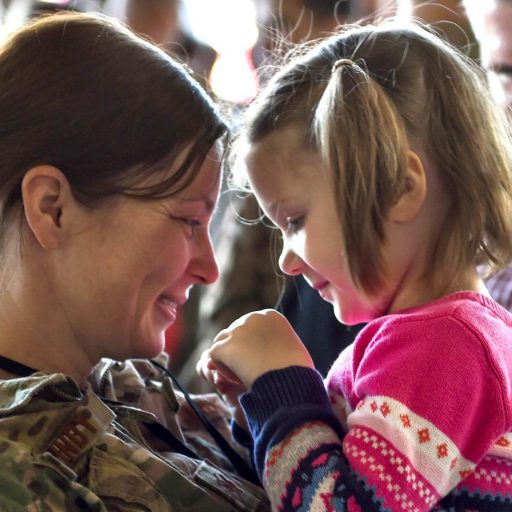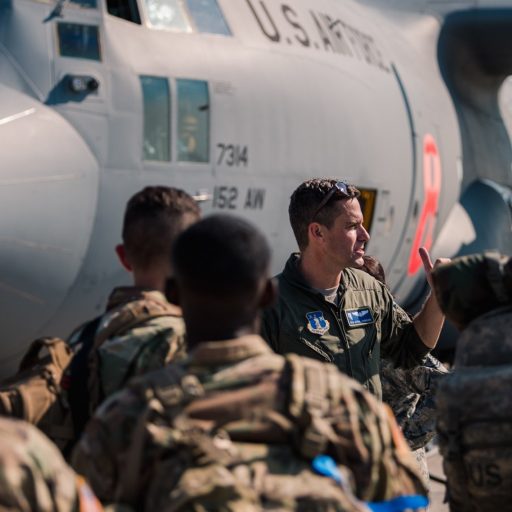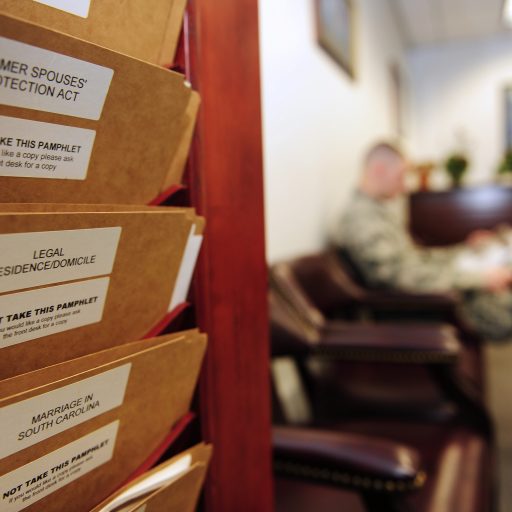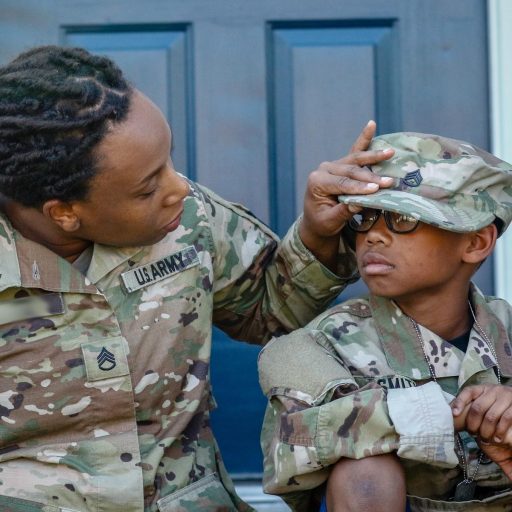
Getting ready for a deployment can be challenging — especially for children. It’s important to maintain open channels of communication with children so that they can ask questions and express emotions. This begins with, but isn’t limited to, pre-deployment preparation.


